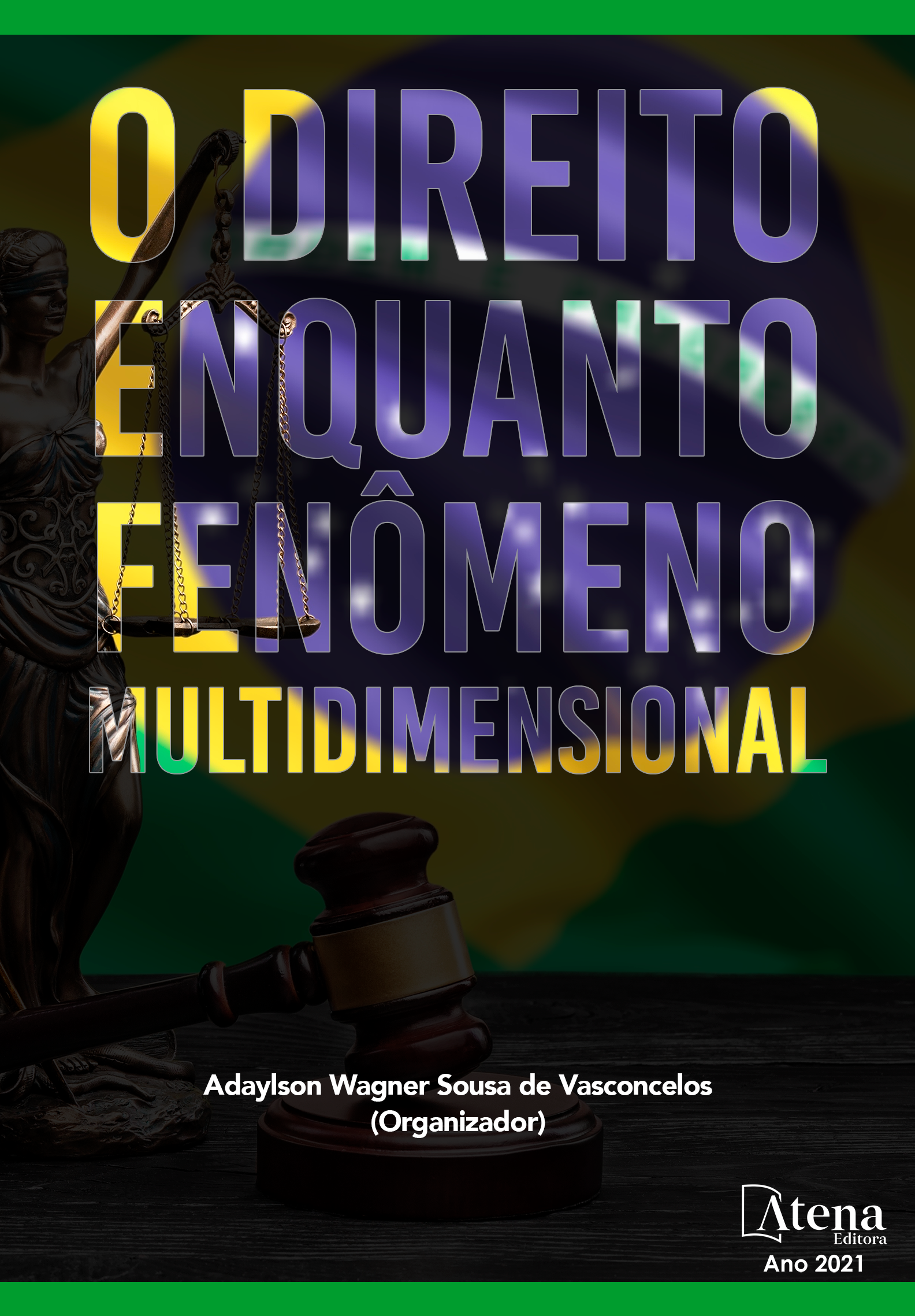
O AMICUS CURIAE E A DELIBERAÇÃO NA BUSCA DA LEGITIMAÇÃO DO DIREITO
O presente estudo parte de uma breve contextualização do instituto do Amicus curiae na legislação brasileira, visando analisar, em linhas gerais, como tem se dado a sua utilização até o momento, tecendo, para tanto, considerações sobre sua operacionalização e características. Considerando que o que se objetiva é compreender a importância do instituto como forma de legitimação do direito, ou seja, enquanto instrumento que confere voz aos cidadãos dentro das esferas decisórias, especialmente, no judiciário, trabalhar-se-á a teoria habermasiana para pautar o discurso racional e sustentar o protagonismo do Amicus curiae em casos difíceis, a fim de verificar a efetividade de sua atuação dentro da jurisdição brasileira. A deliberação operada pelo “amigo da corte”, amparada pelo agir comunicativo e seus elementos, irá demonstrar a capacidade dos cidadãos participarem das decisões que envolvam suas próprias vidas, que lhes afetam direta ou indiretamente. Sustenta-se, ao final, que tal processo de participação do cidadão, através de um discurso racional, é possível dentro da teoria da argumentação, considerando que as sociedades complexas e plurais precisam se pautar em processos organizados, com teor argumentativo consistente, para que o discurso alcance seu ideal e os cidadãos tenham voz.
O AMICUS CURIAE E A DELIBERAÇÃO NA BUSCA DA LEGITIMAÇÃO DO DIREITO
-
DOI: 10.22533/at.ed.6652119085
-
Palavras-chave: Amicus Curiae. Argumentação. Democracia. Direito. Jurisdição
-
Keywords: Amicus Curiae. Democracy. Argumentation. Jurisdiction. Right
-
Abstract:
This study starts with a brief contextualization of the “Amicus curiae” institute in the Brazilian legislation, aiming to analyze, in general terms, how its use has been taking place so far, making considerations about its operationalization and characteristics. Considering that the objective is to understand the importance of the institute as a path of legitimizing the law, that is, as an instrument that gives voice to citizens within the decision-making scope, especially in the judiciary, the Haberman’s theory will be studied to guide the rational discourse and to sustain the protagonism of Amicus curiae in difficult cases, in order to verify the effectiveness of its performance within the Brazilian jurisdiction. The deliberation operated by the “friend of the court”, supported by the communicative action and its elements, will demonstrate the capacity of citizens to participate in decisions involving their own lives, which affect them directly or indirectly. It is argued, in the end, that such process of citizen participation, through a rational discourse, is possible within the theory of argumentation, considering that complex and plural societies need to be guided by organized processes, with consistent argumentative content, which speech can achieve its ideal and the citizens to have voice.
-
Número de páginas: 22
- Beatriz Fracaro
- Luciane Sobral
- Gislaine Cunha Vasconcelos de Mello


